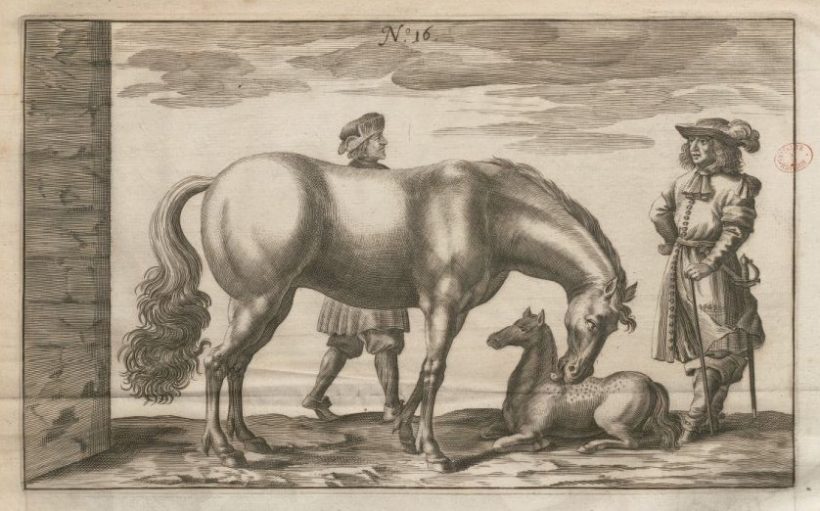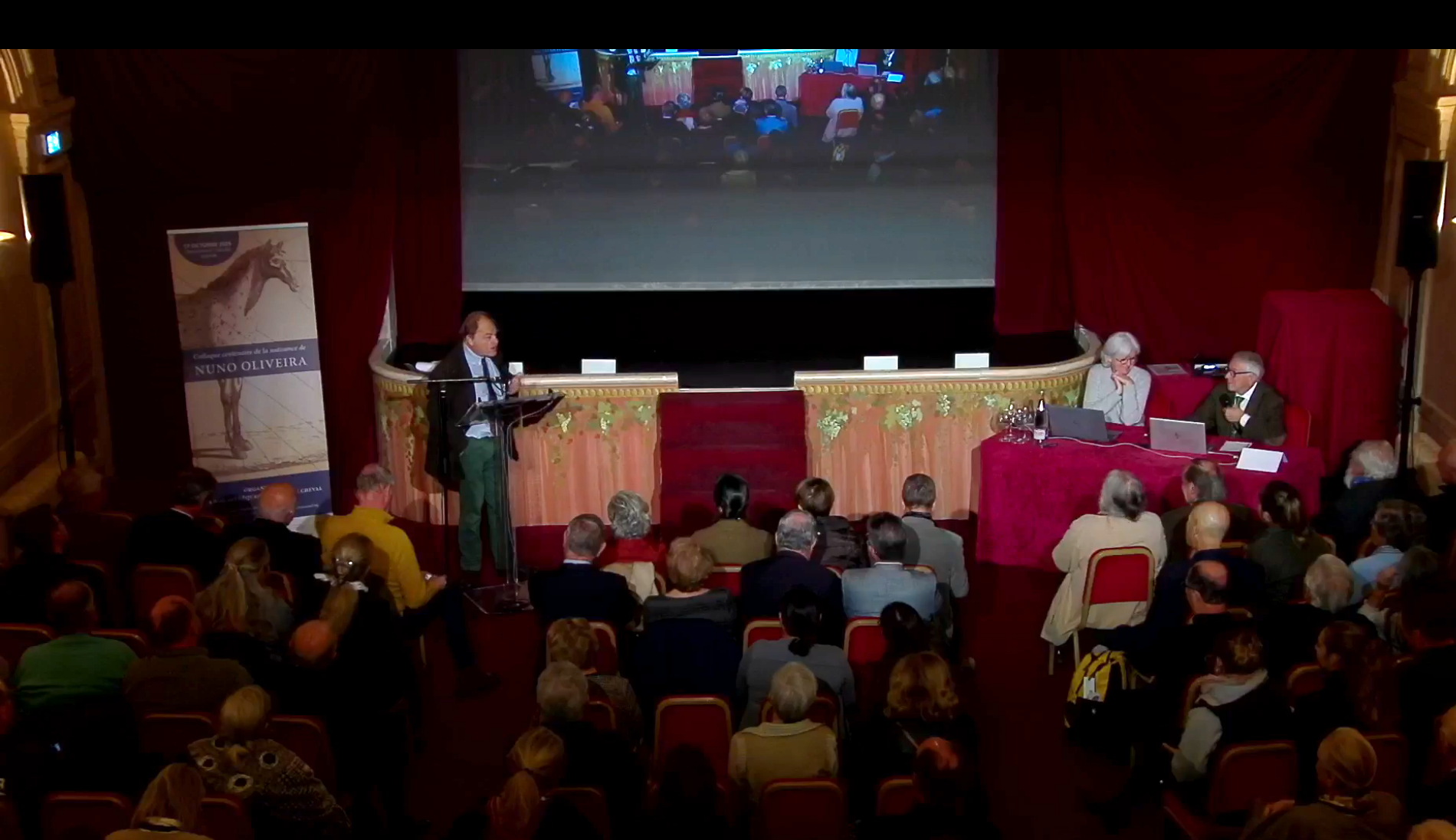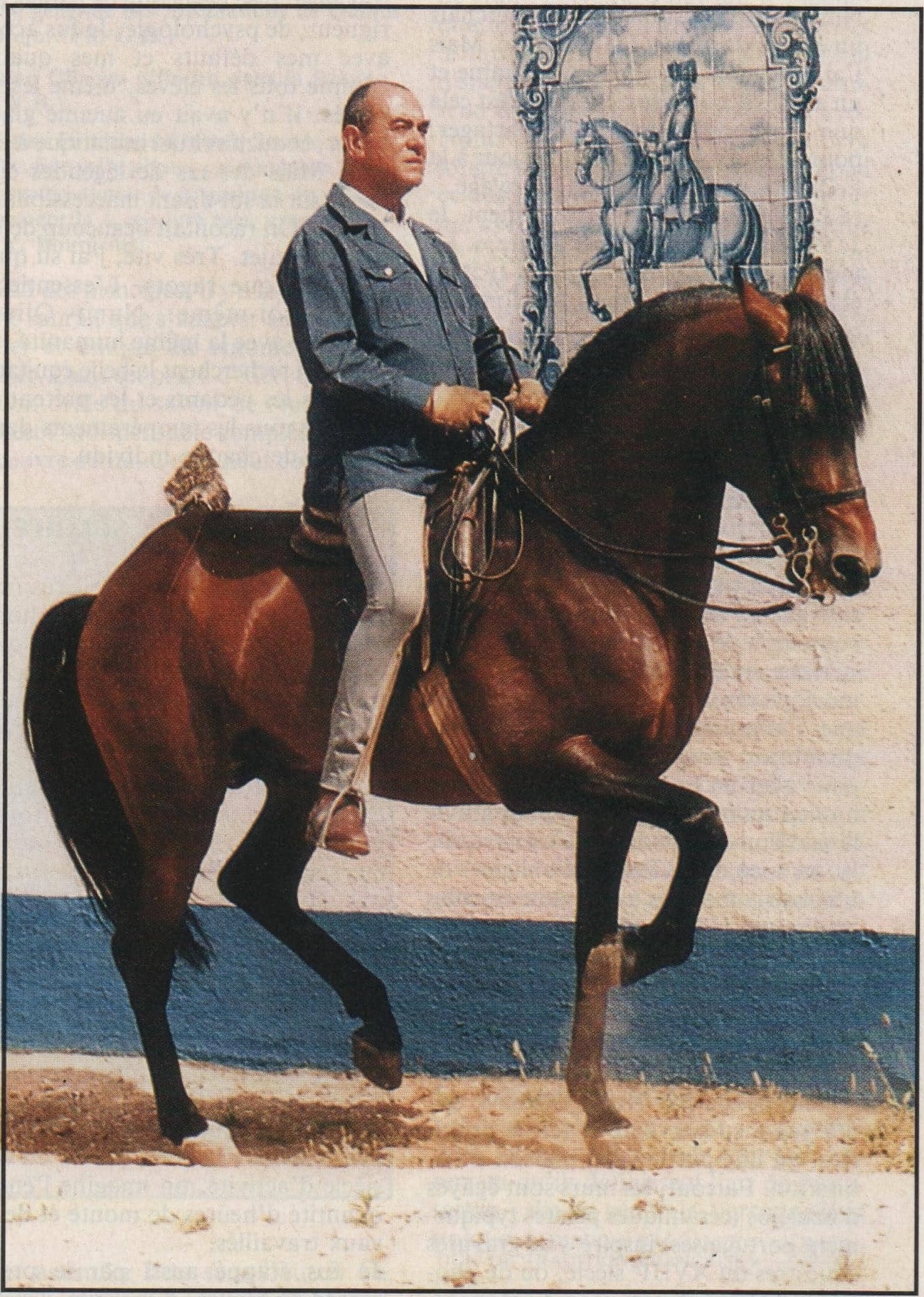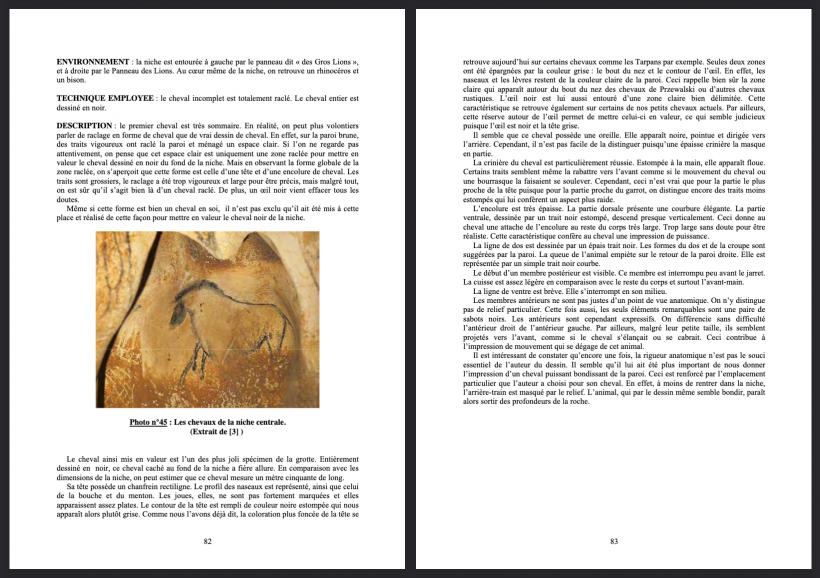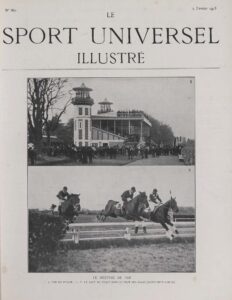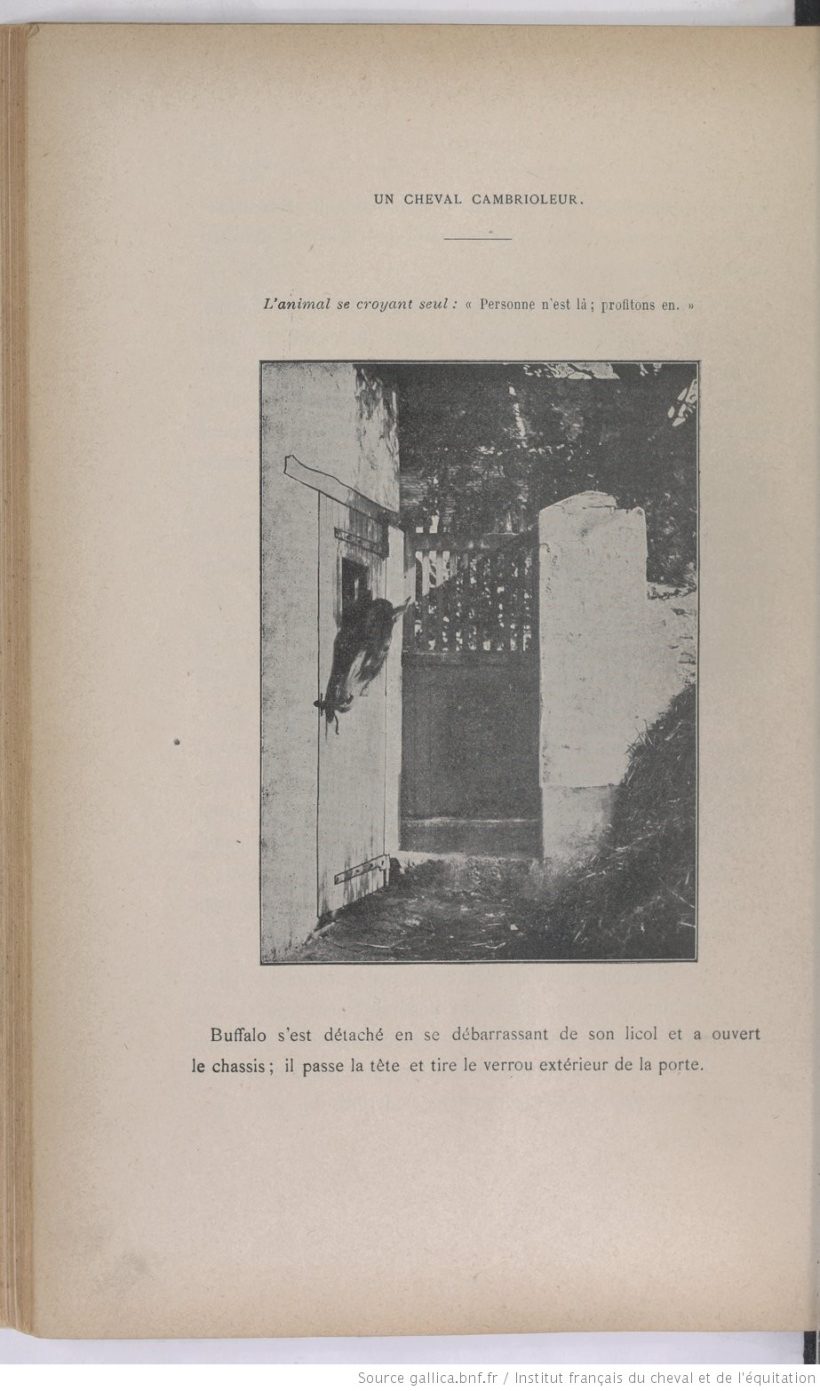
Adolphe Guenon, a precursor of ethology
Adolphe Guenon is still known by donkey and mule lovers for trying to rehabilitate them with “The Intimate Mule” (Châlons-sur-Marne, 1899). This military veterinarian, in fact, has written more widely on animal intelligence and psychology. His first writings were acclaimed and rewarded by the Animal Protective Society.
Guenon knew that each cavalry regiment had its own music. He then assumed that the horse was sensitive to cadence and to rhythm. For that, he relied on anecdotes that were told to him and, to support his hypothesis, he developed a protocol of experiments, which he describes as “morons”, to study the influence of music on horses. To set the protocol, Guenon chose the great flute, since he considered that it denoted more action than the violin. Played at the riding school under his own regiment, he observed and analyzed the different behavioral signs of horses, whether they joined the band, remained unaffected, or appeared stressed. He quickly discovered that the flute has an action on the bladder and the intestines of animals. Although experiments seem sometimes difficult for horses, they have the virtue of analyzing other physical phenomena such as fear or excitement, and the role of repetition so that something becomes a habit.
As an anecdote, sometimes we hear groomers or veterinarians whistling in a recently cleaned stable to make a horse pee. Adolphe Guenon has read Darwin and dares to talk about animal souls. This will be the subject of his next book, The Soul of the Horse (Châlons-sur-Marne, 1901), which he will devote to “Lord Horse, King of the Solypeds.”
More information:
- Influence of the Musique sur les Animaux et en particulier sur le Cheval
- Les livres d'Adolphe Guenon
